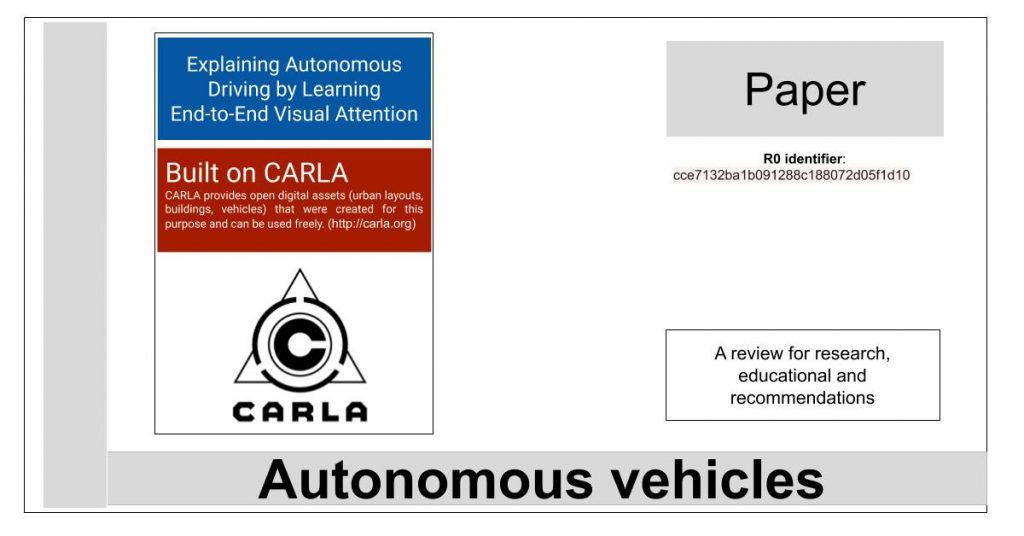Undergraduate Diagnostic Imaging Fundamentals
The structure and content of this work has been guided by the curricula developed by the European Society of Radiology, the Royal College of Radiologists, the Alliance of Medical Student Educators in Radiology, with guidance and input from Canadian Radiology Undergraduate Education Coordinators, and the Canadian Heads of Academic Radiology (CHAR).









